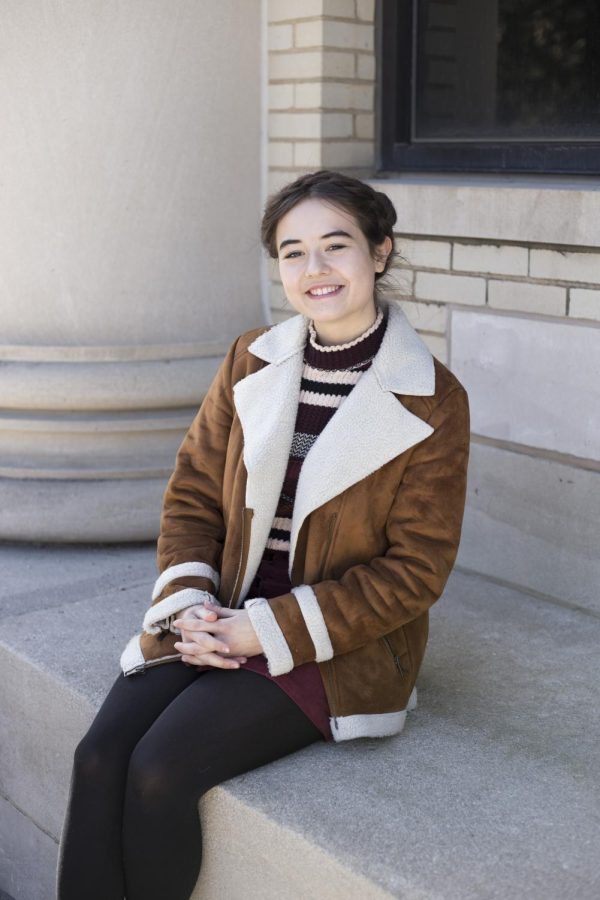Opinion: Good Bakers, Bad Bakers
June 1, 2018
Browsing reddit in the event of a tragedy has become something of a habit of mine. I’m not sure why I do it — it’s something about the resolve and feeling of thousands of regular people, I suppose. It’s somehow often more civil than the comments on news articles, and almost certainly more thought-out than quick tweets or Facebook posts. And, thinking about it, it can be calming. Reassuring, even. Until I scroll to comments that often repeat a shared sentiment when tragedy strikes — those blooksucking journalists.
The reporters waiting to interview students outside of Santa Fe High School. Why can’t they back off? What gives them the right to take advantage of someone in their darkest moment, someone who is truly and deeply hurting? I look at the linked videos and photos — the expressions of anguish on the faces of the interviewees, the panic in their voices. It hurts. It hurts in more ways than one.
Yes, I am a writer. I am a journalist. And I can see the pain in the faces of the people in these situations, I can see the source of the outrage. I imagine myself in these situations, running from a nightmare, and feel my own sense of disbelief well up when I imagine being stopped for a story.
It’s something we discussed in one of my own classes: How do you approach someone in the wake of something terrible? Should you? On a human level, I can understand why some cry out and hope that we don’t. It’s only harder, because as a journalist, I can also understand why we do.
It’s hard to know you might be making someone’s trauma harder on them. It’s hard to make the decision to experience it at all. But if we didn’t, who would? If there was no record of the darkest times, how would we know not to repeat them in the future? The fact that there’s a story somewhere doesn’t just mean sales, clicks or web interaction. It means the opportunity to shed light on a confusing and harrowing situation, to tell the stories of those who would otherwise be silent. To help others to understand.
There are situations in history that might have been forgotten had they not been recorded, things that shape the way we view and empathize with the world around us. And journalists have been there to preserve them. Now, of course, this doesn’t mean there aren’t bad journalists. Those who care only about money, bloody covers and sensationalism might not be looking for the story’s heart. But there are bad doctors, teachers, police officers and politicians, too. There are bad bakers, aquarium builders and trash collectors.
There are those in the world who don’t care about the people around them. There probably always will be. But all of us are human. And most journalists are here to preserve the stories of others. To draw lines in the ether. To make sense of senselessness, or at to least humanize it.
Good bakers care about hearty bread and beautiful pastries. Good doctors care about their patients. Good journalists — and yes, there are good journalists — care about others and the stories they have to tell. Even in the worst of times.
Cameron Gorman is a columnist. Contact her at [email protected].

















